Keytruda 100mg Injection (Pembrolizumab)
₨200,000.00
Keytruda tablet contains Pembrolizumab which is now available in Pakistan at Online Pharmacy. The price range of keytruda 100mg injection is Rs.450,000/-. to Rs.550,000/-.
Product Description:
Brand: Keytruda
Packet Size: 1’s Injection
Active ingredient: Pembrolizumab
Manufacturer: MSD
Treatment: Cancer
Additional Details
Uses of the Keytruda 100mg/4ml Injection
Keytruda is approved to treat a wide range of cancers, including:
Melanoma
Lung cancer
Head and neck squamous cell carcinoma
Bladder cancer
Breast cancer
Hodgkin lymphoma
Microsatellite instability-high (MSI-H) or mismatch repair deficient (dMMR) solid tumors
Cervical cancer
Esophageal cancer
Gastric cancer
Other rare cancers
How Does Keytruda Work?
Keytruda works by blocking the PD-1 pathway. This pathway normally helps prevent the immune system from attacking healthy tissues. By blocking it, Keytruda allows the immune system to recognize and attack cancer cells more effectively.
How Should You Take Keytruda 100mg Injection?
Keytruda is given as an intravenous (IV) infusion every 2-3 weeks or 3-4 weeks, depending on the specific type of cancer being treated.
Recommended Dosage of Keytruda 100mg Injection
For adult patients with unrespectable or metastatic melanoma, the recommended dosage is 200 mg every 3 weeks or 400 mg every 6 weeks until disease progression or unacceptable toxicity.
For other types of cancer, such as urothelial cancer and gastric cancer, the recommended dosages are the same. The drug is administered as an intravenous infusion and the specific dosing schedule is determined by the treating physician based on the patient’s individual circumstances.
For more information, be sure to visit Online Pharmacy or you can talk with your Doctor today!
Warnings and Precautions of Keytruda Injection
Warnings:
Keytruda can lead to serious or even life-threatening side effects. We advise monitoring for side effects during the injection, as it may cause your immune system to mistakenly attack normal organs and tissues, affecting their function. Your healthcare provider will watch for these signs.
If you experience symptoms like chills, shaking, rashes, difficulty breathing, dizziness, fever, or back pain, then be sure to talk with your doctor and tell them about your side effects.
If you’ve had an organ transplant, Keytruda may cause the body to reject the transplanted organ. Be sure to discuss the signs and symptoms you need to report with your healthcare provider.
The use of Keytruda for conditions like multiple myeloma, in combination with certain other drugs, is not recommended outside of clinical trials.
Keytruda can harm an unborn baby. If you’re of reproductive potential, it’s crucial to use effective contraception.
Precautions:
You should talk to your doctor if you have had any autoimmune disorders (like rheumatoid arthritis, Crohn’s disease, lupus), a stem cell or organ transplant, chest radiation, or nerve-muscle disorders (like myasthenia gravis).
Side Effects of Keytruda Injection
When receiving a Keytruda injection, it’s important for you to be aware of potential side effects. If you notice any new or worsening symptoms, contact your healthcare provider immediately. Here’s what to look out for:
Lung Problems:
Cough, shortness of breath, chest pain.
Intestinal Issues:
Diarrhea or more frequent bowel movements.
Black, tarry, sticky stools, or stools with blood or mucus.
Severe stomach pain or tenderness.
Liver Concerns:
Yellowing of your skin or the whites of your eyes.
Dark, tea-colored urine.
Severe nausea or vomiting.
Easy bleeding or bruising.
Pain on the right side of your stomach.
Hormone Gland Problems:
Persistent or unusual headaches.
Frequent urination.
Sensitivity to light.
Hair loss.
Rapid heartbeat, constipation, increased sweating.
Changes in voice.
Extreme tiredness, dizziness or fainting.
Weight gain or loss.
Mood changes, such as decreased sex drive or irritability.
Increased hunger or thirst.
Kidney Issues:
Reduced urine output.
Swelling in ankles.
Blood in urine.
Loss of appetite.
Skin Problems:
Rash.
Painful sores in mouth, nose, throat, or genital area.
Itching.
Fever or flu-like symptoms.
Skin blistering or peeling.
Swollen lymph nodes.
Other Possible Symptoms:
Chest pain, irregular heartbeat, swelling of ankles.
Confusion, memory problems, mood changes, stiff neck.
Double or blurry vision, eye pain, changes in eyesight.
Severe muscle pain or weakness, cramps.
Low red blood cell count, easy bruising.
Infusion Reactions:
Chills, shaking, dizziness.
Itching or rash.
Feeling faint.
Flushing.
Fever.
Shortness of breath or wheezing.
Back pain.

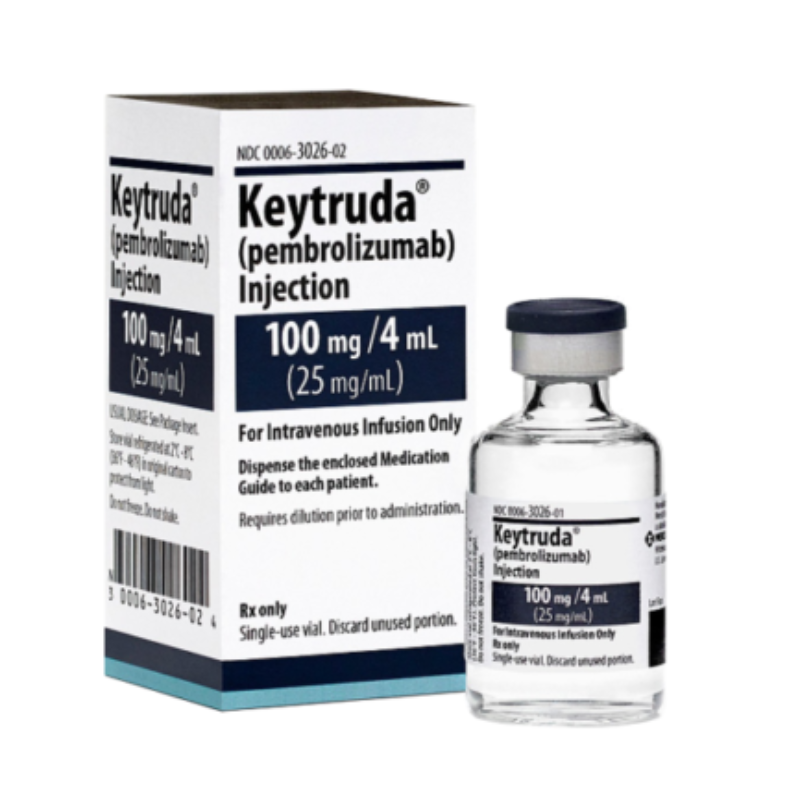

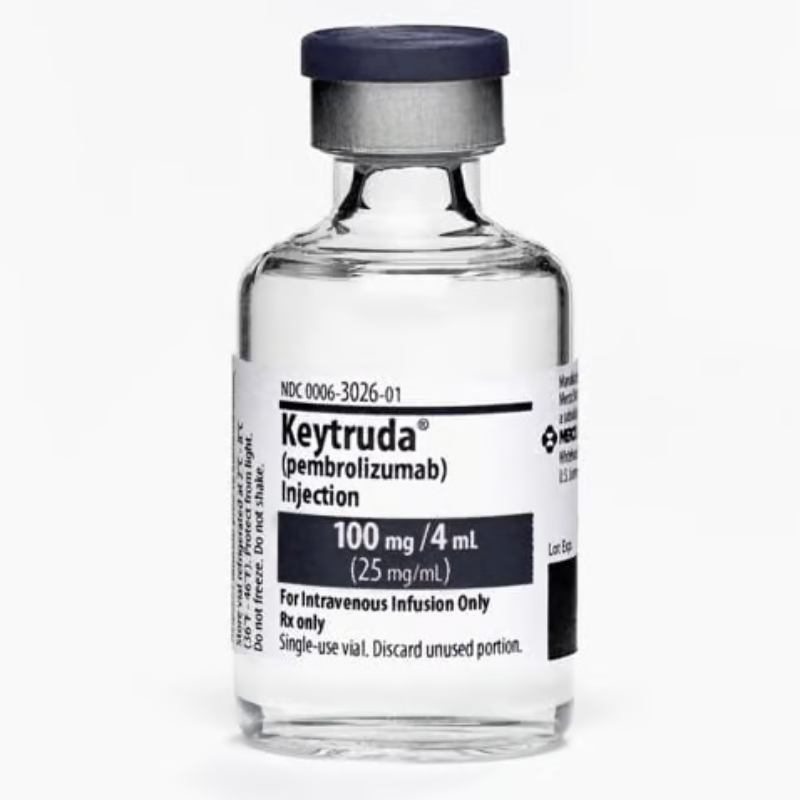
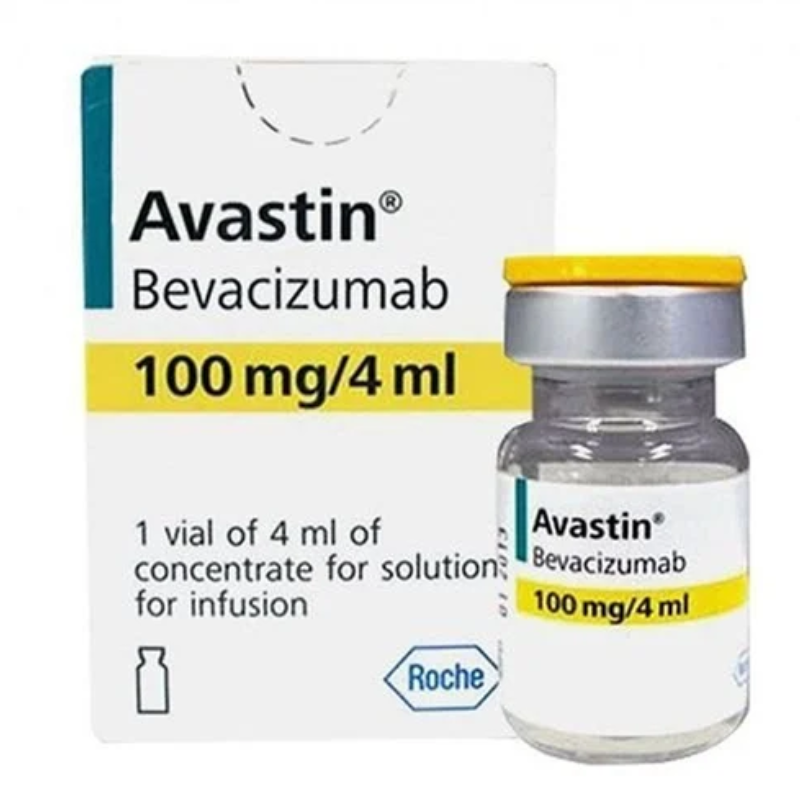
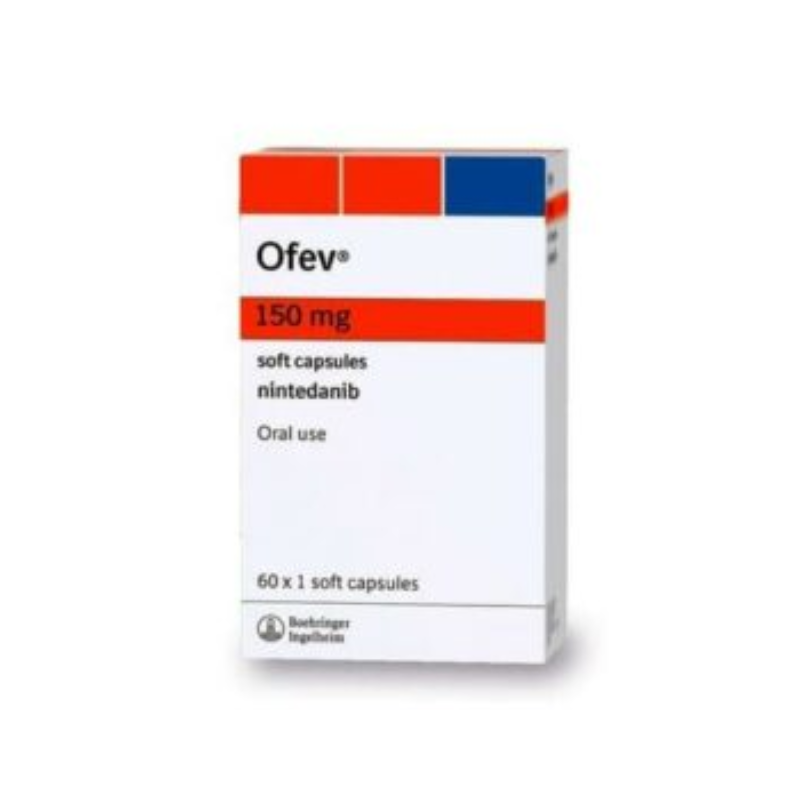
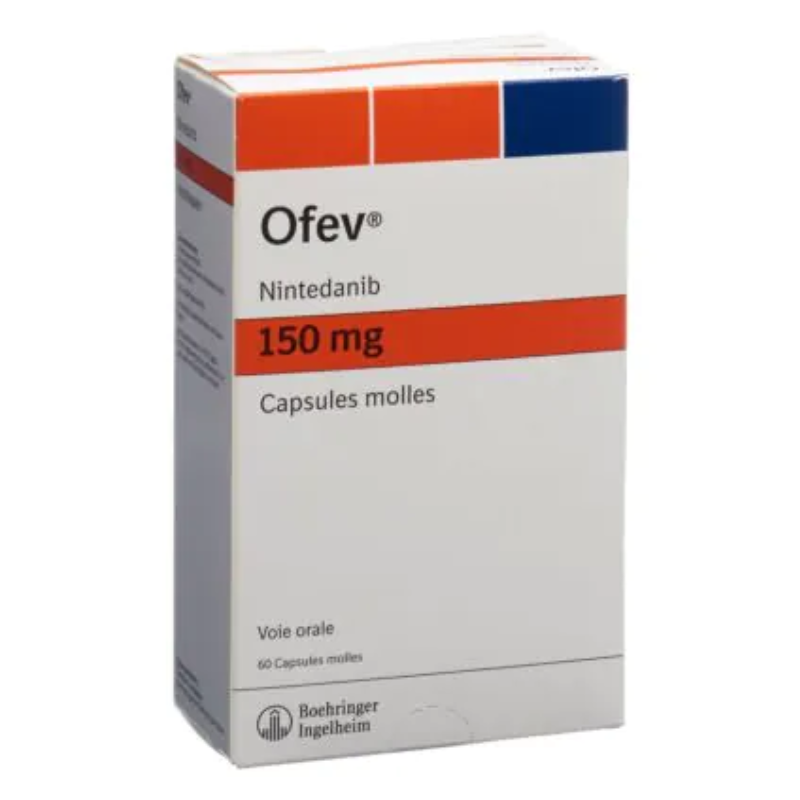
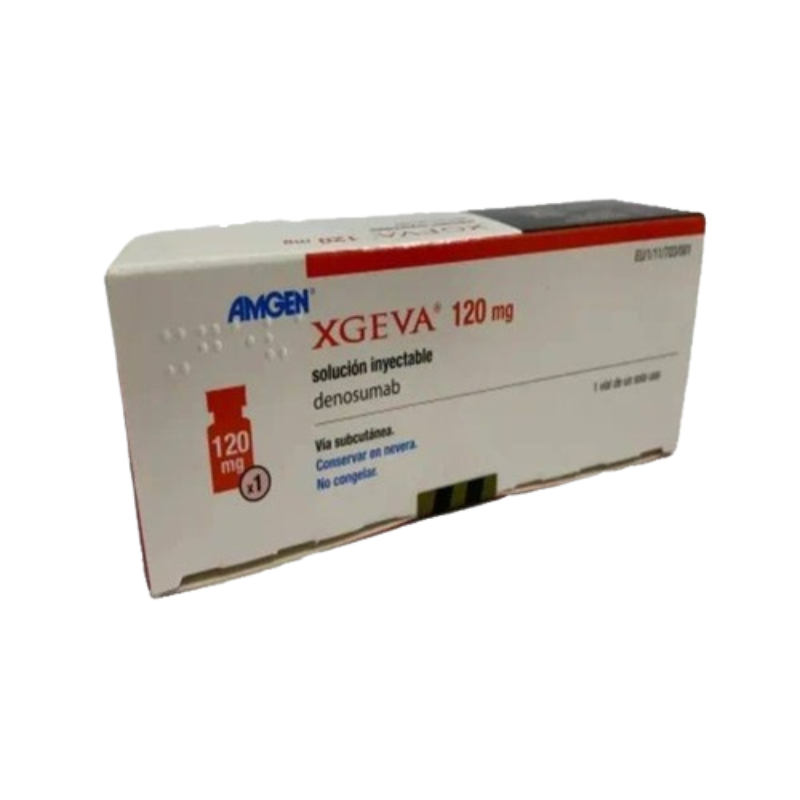
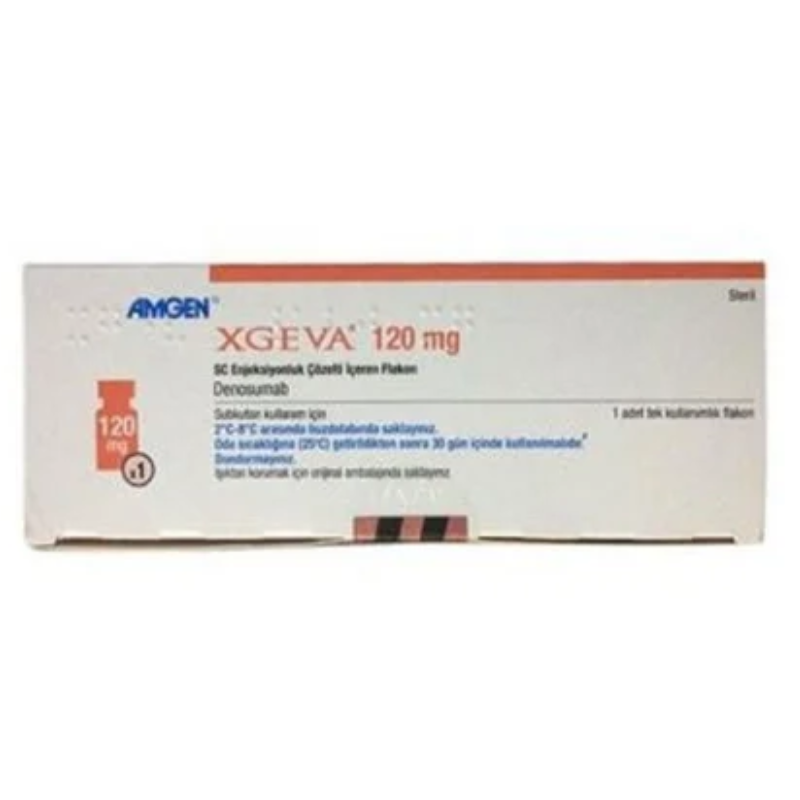

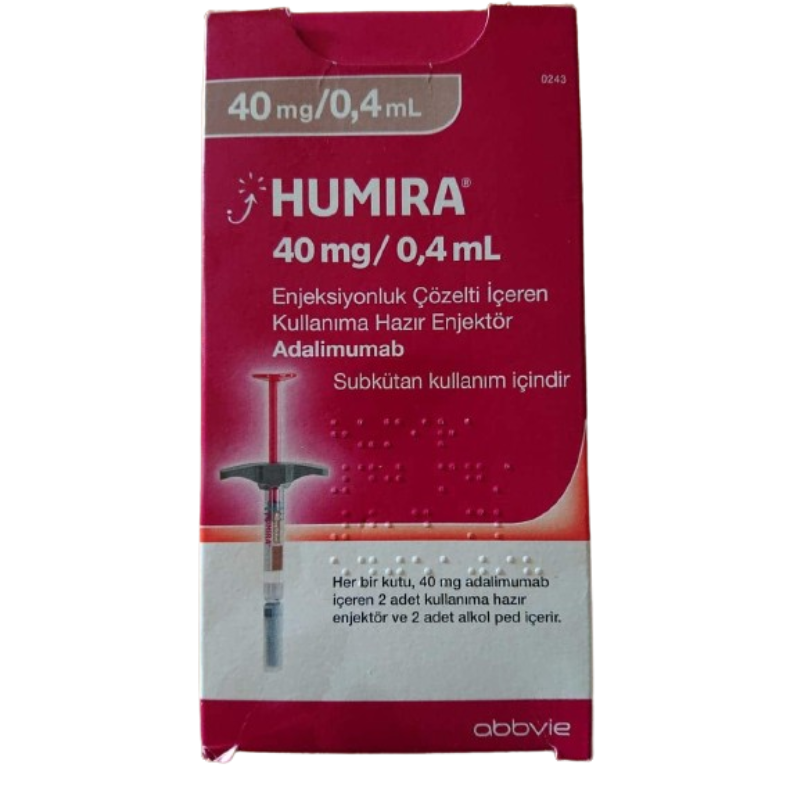
Sadiq –
reliable service and genuine product
aliyah –
Helpful customer service
Nasir –
Helped me arrange the medicine and delivery was on time.